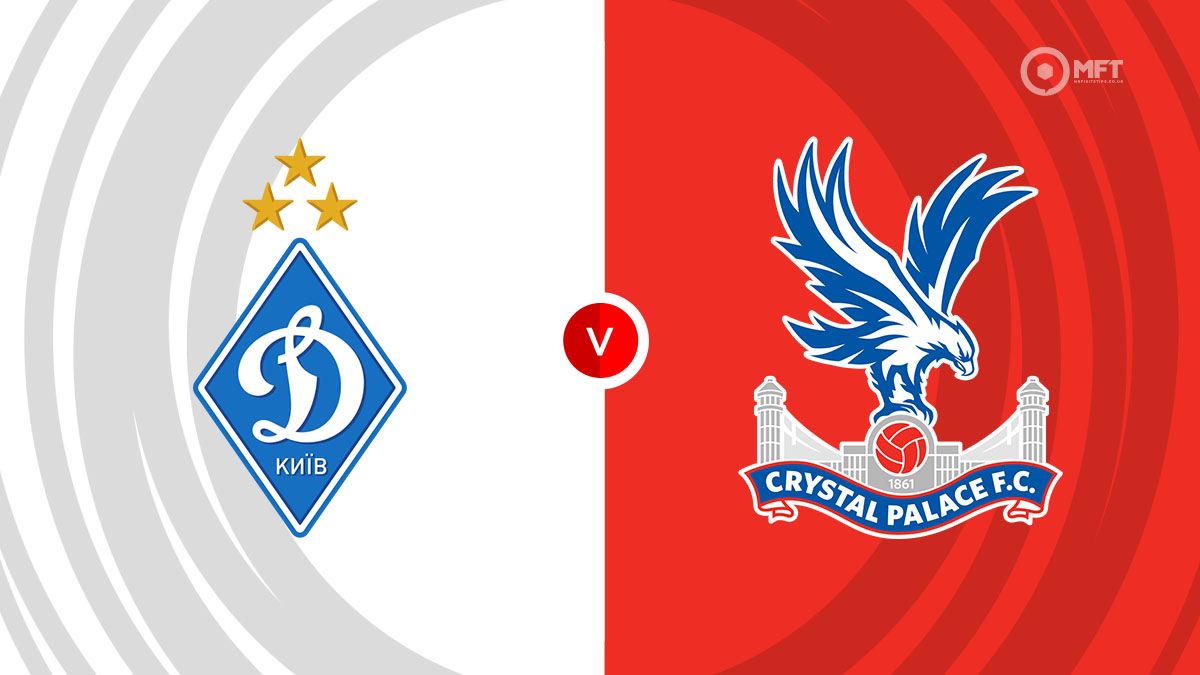After all eyes in the tennis world have been on the WTA Finals, we’re moving now to the ATP Finals in Turin. The best eight players this year will be in Turin from November 10-17 to battle it out for the final big trophy of the year.
Short of claiming a Grand Slam, the ATP Finals is the most prestigious title a tennis player can win, given what it takes to lift the trophy. Below, we break down everything to find out everything you need to know about this year’s ATP Finals, including how players qualify, what the format is, plus a look at the groups, seeds and prize money.
ATP Finals format
Qualification
For a player to find themselves at the ATP Finals, they need to finish in the top eight of the Race to Turin. Sometimes you can get in as the ninth player if one player pulls out, such as this year when Novak Djokovic pulled out of the event, but in general, you need to finish in the top eight of the race.
To finish in the top eight of the race, a player needs to collect a lot of points because the standings are determined based upon the points that are awarded at events all season. The better you perform at events, the more points you will collect.
The time frame during which that needs to happen is from the start of a tennis calendar to the end of it, so basically within a year.
Structure
The event is pretty simple in the way it’s structured. There are eight players in total at the event, and they are separated into two groups, with each group having four players each. The format is round-robin so all players play the other three players, and then the top two players get to advance to the semi-finals.
In a format like this, there tends to be a situation when some players have the same amount of wins and losses. If that happens, there are tiebreakers in place to determine which players move on to the next round. These can be sets and games won, for example.
Semi-finals and Final
The top two players then go to the semi-finals, with the winner of one group facing the runner-up of the other group. The winners of that play in a final for the trophy.
2024 ATP Finals seeds
- Jannik Sinner
- Alexander Zverev
- Carlos Alcaraz
- Daniil Medvedev
- Taylor Fritz
- Casper Ruud
- Alex de Minaur
- Andrey Rublev
2024 ATP Finals groups
As usual, this event features two groups with four players in each group. The groups generally have names assigned to them and this year the first group is called Ilie Năstase while the other one is named John Newcombe.
Ilie Nastase
- Jannik Sinner
- Daniil Medvedev
- Taylor Fritz
- Alex de Minaur
John Newcombe
- Carlos Alcaraz
- Alexander Zverev
- Casper Ruud
- Andrey Rublev
Schedule for the 2024 ATP Finals
The schedule of the event will span over eight days. Each group will play on alternate days, with the Ilie Nastase Group beginning on Sunday, November 10th. The singles matches will be played at 2 pm local time (Central European Time) and 8:30 pm.
The group stage will last for six days after which we’ll get to the semi-finals on Saturday and the final on Sunday, November 17th.
ATP Finals points & prize money
When it comes to the prize money, the ATP Finals is a bit different from standard ATP tournaments. At regular events, there is fixed prize money and while here it’s also fixed, it’s conditional on a few factors.
For example, there is a participation fee for each player which they get for playing at the event. It, however, depends on how many matches they play at the event. So if they only play one match, they will get $165,500. If they play two matches, they will get $248,250 and if they play all three of the round-robin matches, they will get $331,000.
On top of that, each match win gets you more prize money, bagging a player $396,500 per victory. The winner of the event gets $2,237,200 which can go up to $4,881,100 if they win the event undefeated.
When it comes to the points, it’s also conditional. So every win for every player is worth 200 ATP points. If you win a semi-final match, you’ll get 400 points for it. The final gets you 500 more points.
That means that the winner of the event will walk away with 1500 points if they win undefeated. If they lose one match, it will be 1300 points so again it depends on the performances. The basic idea is that every match counts even though losing one match doesn’t punish you in terms of diminishing your chances to win the event.









































 GambleAware
GambleAware